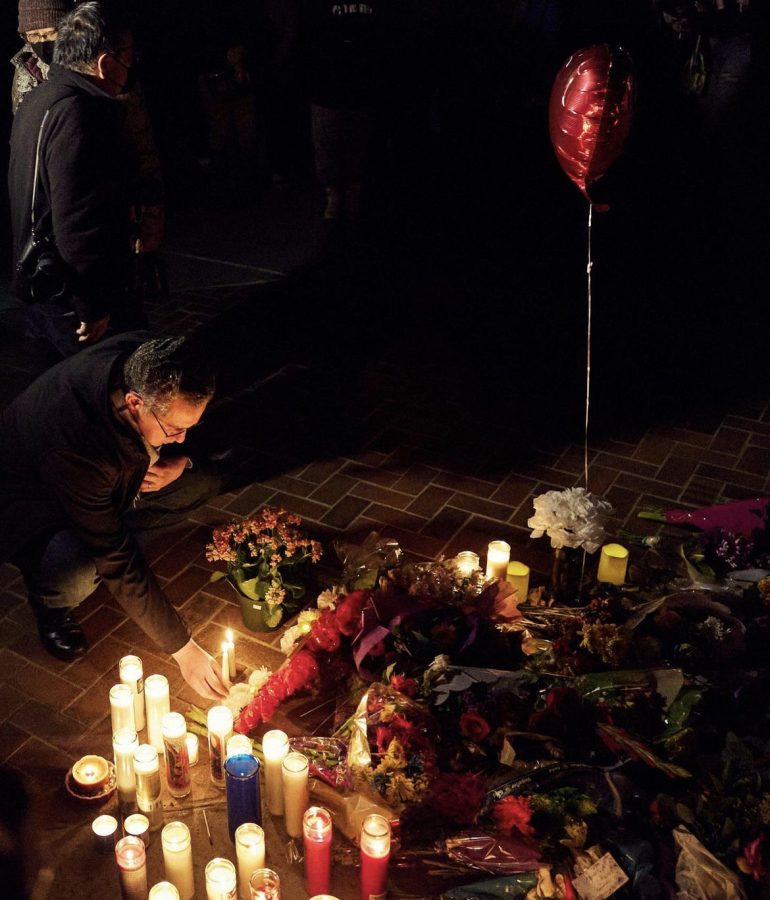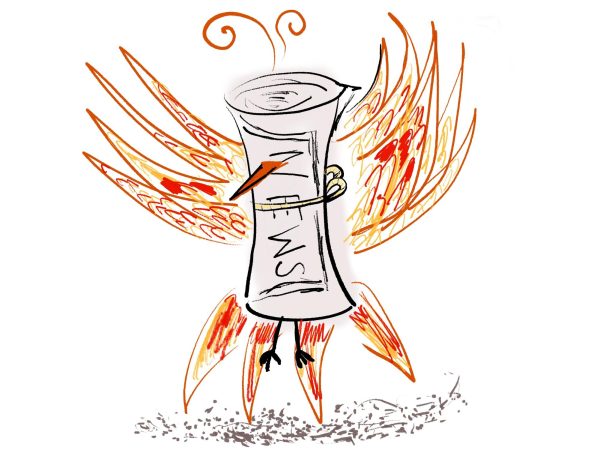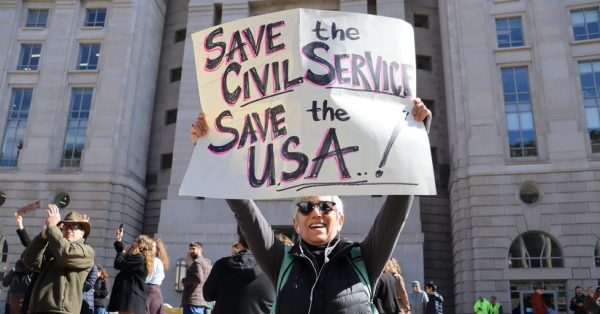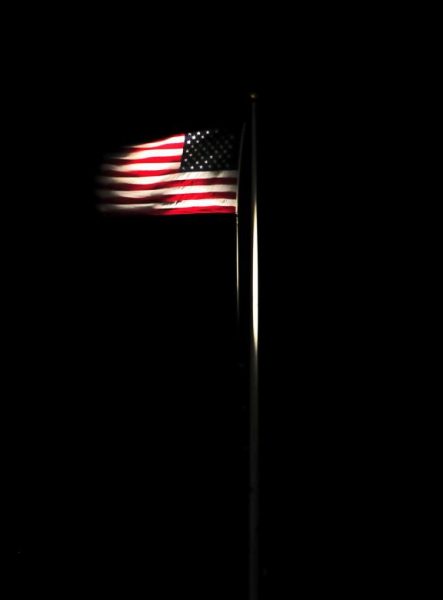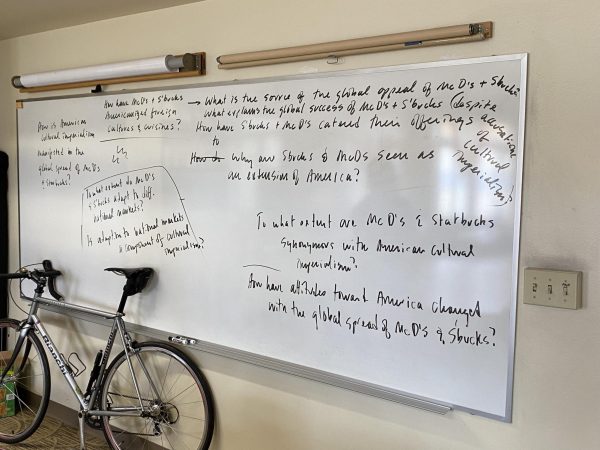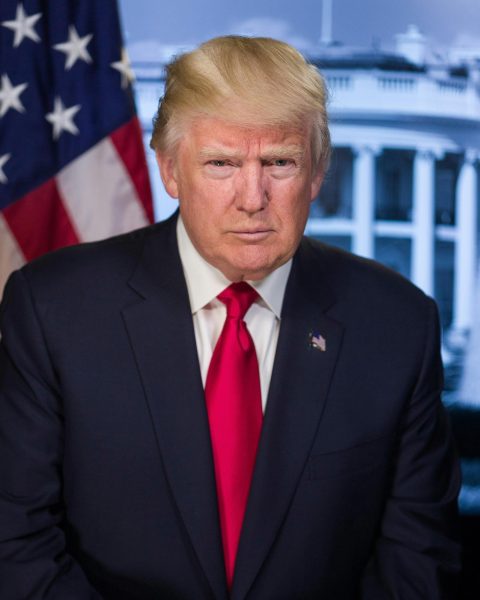Why are Stricter Gun Laws not Enough?
After the mass shootings this past month, even in the state with the most gun laws, citizens are not safe.
The Monterey Park community held a candlelight vigil on January 23, 2022, to honor those whose lives were taken in the Lunar New Year’s Eve shooting.
Note: There are mentions of sensitive topics like gun violence, mass shootings, and school shootings in the following article. Please consider reading this with a trusted adult.
There have been 39 mass shootings, and at least 69 lives are lost. It is only January 29, 2023. Just in the past few weeks, two mass shootings have taken at least 19 victims in California, according to the New York Times. These shootings were only two days apart, in the state with the most gun laws in the country.
According to the Center for Disease Control and Prevention (CDC), California had only “8.5 gun deaths per 100,000 people in 2020,” compared to 14.2 per 100,000 in Texas, and 13.7 per 100,000 in the country. California’s 107 gun laws account for the lower numbers. California residents are also “25 percent less likely to die in mass shootings,” according to the Public Policy Institute of California. But we still were unable to prevent the recent tragic shootings; why?
Looking at California’s gun law effectiveness, Everytown for Gun Safety, a nonprofit organization, rates the state number one in the country for gun law strength. When comparing California to Texas gun laws, we can see why Texas’ death rate is higher. For example, California has six laws regulating the gun industry and product safety. These laws prohibit assault weapons, “ghost” guns, and high-capacity magazines (guns that can hold more than the allotted amount of ammunition), ensure that gun violence victims gain justice, and mandates that all guns have childproofing features and microstamping technology. Texas does not have a single one of these laws.
Similarly, while California strictly prohibits guns in kindergarten through twelfth-grade schools, in Texas school personnel are allowed to have guns on school grounds. Allowing teachers to have guns on school grounds does not prevent shootings. Everytown Research found that arming teachers only increases the risk that someone will get hurt, due to the misplacement of firearms, leading to intentional or unintentional discharges. Although the states have strong laws, those gun laws have been threatened on the federal level.
Shortly after the Uvalde school shooting, on May 24, 2022, the Supreme Court, in a 6-3 decision, overturned the New York gun law for restrictions on concealed carry. The Supreme Court claimed the law violated the Second Amendment, the right to bear arms, as the law made it difficult to acquire concealed carry permits. What did that mean for California? That we had to fight back.
Currently, Assemblyman Damon Connolly has proposed Assembly Bill 92 to prevent Californians from purchasing or owning bulletproof body armor. Although there is already a federal law that prevents those who have committed a violent felony from purchasing body armor, The Violence Project, a nonprofit and nonpartisan research center that aims to reduce violence, reported that in the past 40 years, at least 21 mass shooters have worn body armor.
Other proposals include a tax on ammunition and guns, adding three years to the ten-year ban for those who have “domestic violence orders filed against them,” making owning a “ghost” gun a felony, and a bill to have those “suffering a mental health crisis put their own names on a “do not sell” list.” California is taking action as we have in the past.
Some of these have been proposed in the past but turned down. For example, Assembly Bill 92. Additionally, the National Public Radio (NPR) reported that Aaron Westrick, a body armor expert, and criminal justice professor at Lake Superior State University, “sees body armor used more often by ideologically inspired shooters and shooters that meticulously plan their attacks.”
The proposal would make it illegal for anyone who does not have a specified profession that requires them to own body armor, (military, police, security guards, firefighters, and paramedics) to own body armor, according to The Sacramento Bee. This is a result of the 2015 San Bernardino shooting, where two shooters were wearing body armor, and the Buffalo shooting in which the shooter also was wearing body armor.
There have been other attempts at passing a similar bill, according to NPR. After the 2014 Riverside shooting, Representative Michael Honda of California introduced the Responsible Body Armor Possession Act. And in 2019 Senator Chuck Schumer of New York proposed another body armor bill. This bill would have required the Federal Bureau of Investigation’s (FBI) permission to own body armor. Even a proposal focused on a minor restriction that could provide more protection for citizens has been difficult to pass.
Similarly, after the New York Supreme Court ruling, California’s laws for concealed carrying were affected. According to Senator Anthony Portantino, in an interview with CalMatters, a nonpartisan and nonprofit news organization, California had two options: we could require an applicant for concealed carrying to pass background checks and complete gun safety courses, as the ruling does not “prohibit the state from adding additional restrictions,” said Senator Portantino. Or, we could restrict guns “in ‘sensitive places,’ such as schools or courthouses,” as there is nothing in the ruling that prevents that. Senator Portantino told CalMatters, “What we’re gonna do with the bill is attack it from both of those angles.” Yet it still seems to not be enough.
There are 270 million guns in the United States. We make up 4.4 percent of the world’s population and own 44 percent of the world’s guns, according to The New York Times. Let me reiterate that even in a state with the most gun laws, we are unsafe. As David Min, California Senator tweeted after the Monterey shooting, “There is no place left in America that is safe from gun violence.”
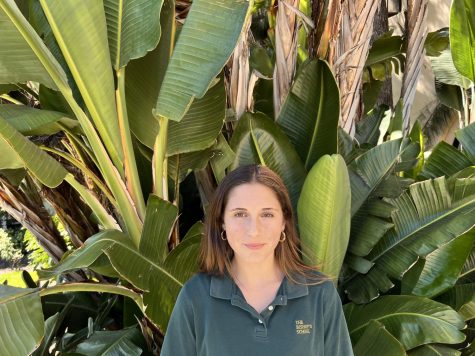
Bella Gallus is a senior and the Managing Editor for The Tower. Bella relies on her Spotify playlists, carefully curated for each of her moods, and her...


